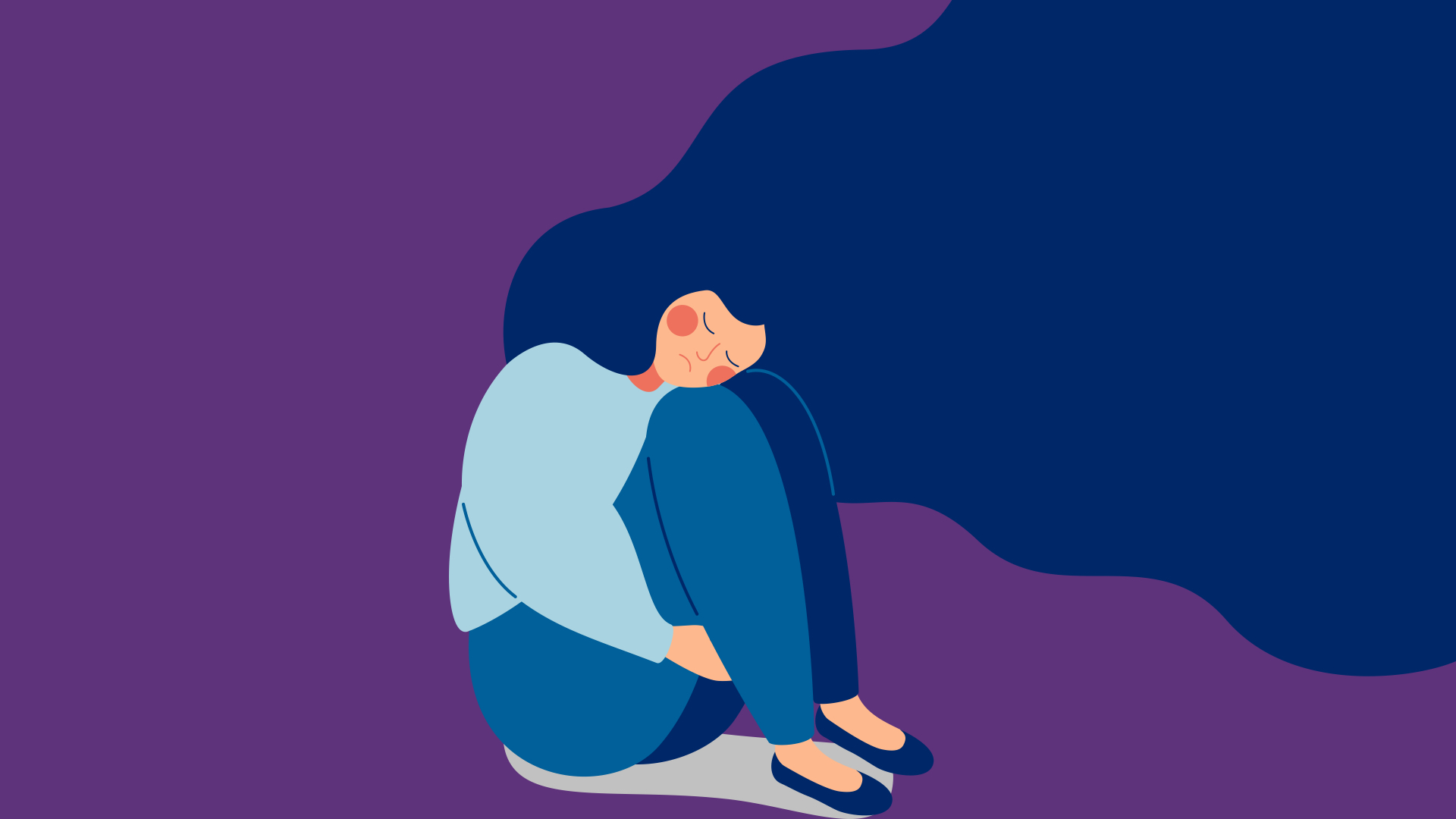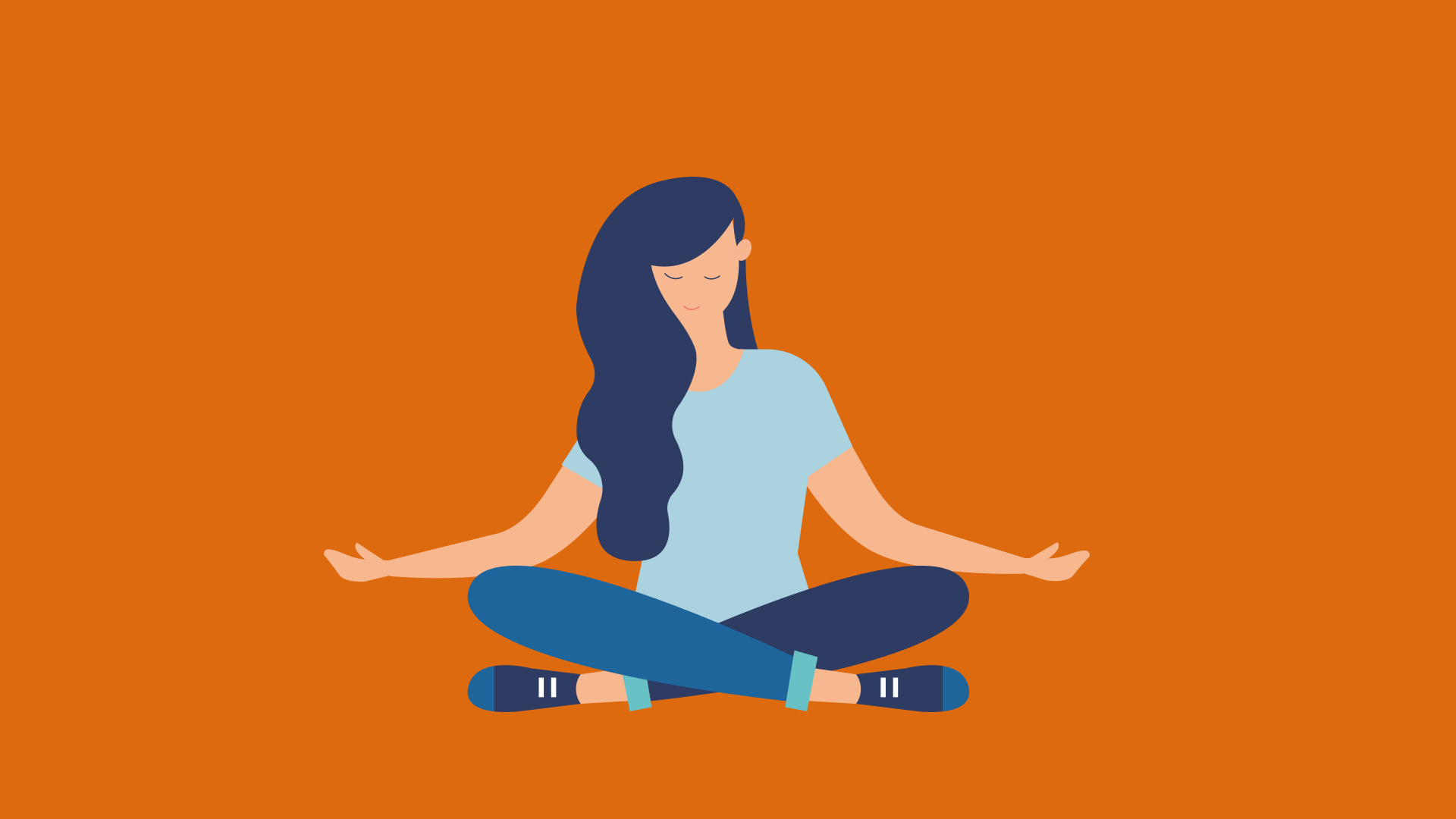
06 Apr Mind Matters 〜Looking after your mental wellbeing〜
PiNK 2020 Spring Issue
A diagnosis of breast cancer can be extremely stressful and lead to anxiety, but there are some things you can do to help take care of your mental health, as Rosie Bick explains.
Alice-May Purkiss had experienced anxiety and depression for most of her adult life, but felt that she began to neglect her mental health after she was diagnosed with breast cancer.
‘While I was in treatment I buried my head in the sand when it came to looking after my brain,’ says Alice.
‘I became much more concentrated on dealing with the cancer. I no longer had time to think about the things my brain was telling me because it was full up with cancer-related thoughts.
‘You go into survival mode.’
Anxiety can be a common problem after a diagnosis of breast cancer. A 2018 survey by Breast Cancer Care and mental health charity, ‘Mind’ found that a third of women experienced anxiety for the first time in their life after their diagnosis and treatment.
When hospital treatment finishes, some people struggle to adjust to their new situation. Dealing with ongoing side effects, going for follow-up appointments or worrying about new aches and pains can all take their toll on your wellbeing.
Self-help
There are various self-help techniques that can help improve mental wellbeing.
Regular exercise, particularly aerobic activity, is good for mental health. Physical activity is thought to cause chemical changes in the brain, which can help to positively change our mood.
The important thing is to find an exercise you enjoy. For Alice, this was cold water swimming and yoga.
If you’re not used to regular exercise, start off slowly by going for a short walk every day to give you some time to yourself.
Relaxation and mindfulness can also help. Mindfulness involves paying more attention to the present moment – to your own thoughts and feelings, and to the world around you.
There are also various free apps that may help you relax, sleep better and manage the symptoms of anxiety.
Spot the trigger
Recognising what triggers stress and anxiety is often an important step towards helping you cope.
Keeping a diary can help you see how you’re feeling day to day and pinpoint triggers.
Alice sought comfort by writing about her own mental health and breast cancer experience in her book Life, Lemons and Melons.
‘My aim isn’t to speak for anyone who has been through either cancer or experienced difficulties with their mental health,’ she says, ‘but to make sure anyone whoever finds themselves in either of these boats never feels like they’re alone.’
When to seek help
While self-help techniques can be a great way to help deal with negative emotions, it’s important to recognize when you may need further support.
As Alice explains, “We all have bad days and off days, but it becomes problematic when it starts impacting your life, relationships or work. If you’ve had a period of low mood or anxiety for two weeks or more, that’s when you should chat to your GP, breast care nurse or mental health charities.
Alice had been having cognitive behavioural therapy (CBT), a form of talking therapy commonly used to treat anxiety and depression, before her diagnosis, and resumed these sessions after treatment.
CBT focuses on changing the way we think and behave, and teaches coping skills for dealing with different problems.
Alice discovered that a combination of techniques helped her once treatment ended.
‘I’ve relied on various forms of counselling, CBT, and mindfulness-based mental health support programmes to help keep me on the right track,’ she says.
If you think you might benefit from talking therapies, ask your GP or breast care nurse about how to access them.











